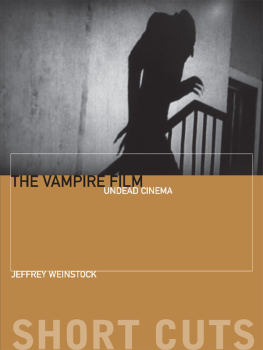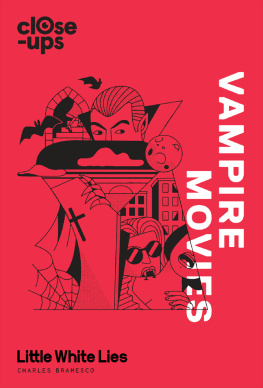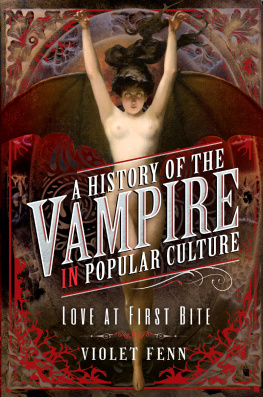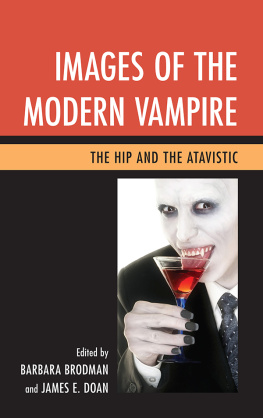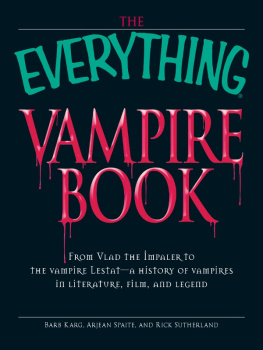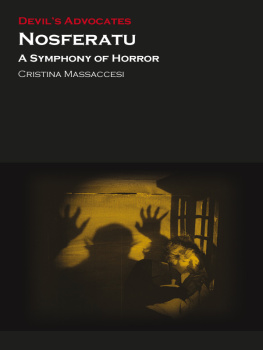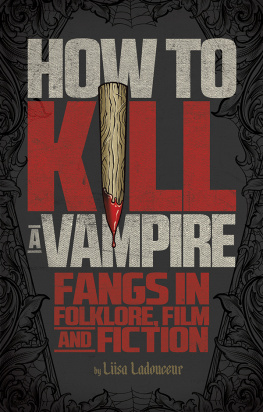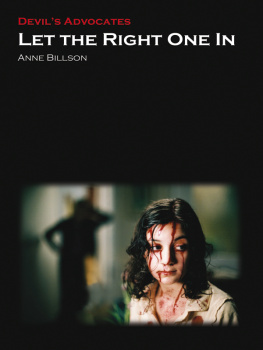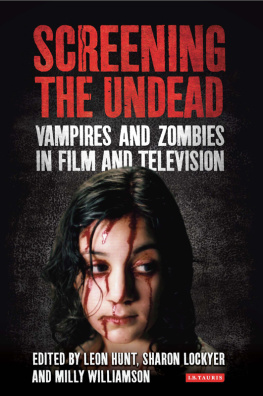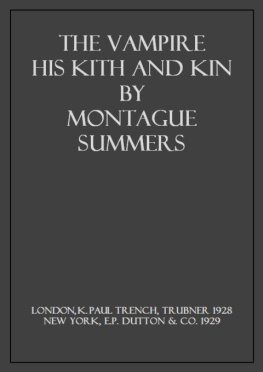SHORT CUTS
INTRODUCTIONS TO FILM STUDIES
OTHER TITLES IN THE SHORT CUTS SERIES
THE HORROR GENRE: FROM BEELZEBUB TO BLAIR WITCH Paul Wells
THE STAR SYSTEM: HOLLYWOODS PRODUCTION OF POPULAR IDENTITIES Paul McDonald
SCIENCE FICTION CINEMA: FROM OUTERSPACE TO CYBERSPACE Geoff King and Tanya Krzywinska
EARLY SOVIET CINEMA: INNOVATION, IDEOLOGY AND PROPAGANDA David Gillespie
READING HOLLYWOOD: SPACES AND MEANINGS IN AMERICAN FILM Deborah Thomas
DISASTER MOVIES: THE CINEMA OF CATASTROPHE Stephen Keane
THE WESTERN GENRE: FROM LORDSBURG TO BIG WHISKEY John Saunders
PSYCHOANALYSIS AND CINEMA: THE PLAY OF SHADOWS Vicky Lebeau
COSTUME AND CINEMA: DRESS CODES IN POPULAR FILM Sarah Street
MISE-EN-SCNE: FILM STYLE AND INTERPRETATION John Gibbs
NEW CHINESE CINEMA: CHALLENGING REPRESENTATIONS Sheila Cornelius with Ian Haydn Smith
SCENARIO: THE CRAFT OF SCREENWRITING Tudor Gates
ANIMATION: GENRE AND AUTHORSHIP Paul Wells
WOMENS CINEMA: THE CONTESTED SCREEN Alison Butler
BRITISH SOCIAL REALISM: FROM DOCUMENTARY TO BRIT GRIT Samantha Lay
FILM EDITING: THE ART OF THE EXPRESSIVE Valerie Orpen
AVANT-GARDE FILM: FORMS, THEMES AND PASSIONS Michael OPray
PRODUCTION DESIGN: ARCHITECTS OF THE SCREEN Jane Barnwell
NEW GERMAN CINEMA: IMAGES OF A GENERATION Julia Knight
EARLY CINEMA: FROM FACTORY GATE TO DREAM FACTORY Simon Popple and Joe Kember
MUSIC IN FILM: SOUNDTRACKS AND SYNERGY Pauline Reay
MELODRAMA: GENRE STYLE SENSIBILITY John Mercer and Martin Shingler
FEMINIST FILM STUDIES: WRITING THE WOMAN INTO CINEMA Janet McCabe
FILM PERFORMANCE: FROM ACHIEVEMENT TO APPRECIATION Andrew Klevan
NEW DIGITAL CINEMA: REINVENTING THE MOVING IMAGE Holly Willis
THE MUSICAL: RACE, GENDER AND PERFORMANCE Susan Smith
TEEN MOVIES: AMERICAN YOUTH ON SCREEN Timothy Shary
FILM NOIR: FROM BERLIN TO SIN CITY Mark Bould
DOCUMENTARY: THE MARGINS OF REALITY Paul Ward
THE NEW HOLLYWOOD: FROM BONNIE AND CLYDE TO STAR WARS Peter Krmer
ITALIAN NEO-REALISM: REBUILDING THE CINEMATIC CITY Mark Shiel
WAR CINEMA: HOLLYWOOD ON THE FRONT LINE Guy Westwell
FILM GENRE: FROM ICONOGRAPHY TO IDEOLOGY Barry Keith Grant
ROMANTIC COMEDY: BOY MEETS GIRL MEETS GENRE Tamar Jeffers McDonald
SPECTATORSHIP: THE POWER OF LOOKING ON Michele Aaron
SHAKESPEARE ON FILM: SUCH THINGS THAT DREAMS ARE MADE OF Carolyn Jess-Cooke
CRIME FILMS: INVESTIGATING THE SCENE Kirsten Moana Thompson
THE FRENCH NEW WAVE: A NEW LOOK Naomi Greene
CINEMA AND HISTORY: THE TELLING OF STORIES Mike Chopra-Gant
GERMAN EXPRESSIONIST CINEMA: THE WORLD OF LIGHT AND SHADOW Ian Roberts
FILM AND PHILOSOPHY: TAKING MOVIES SERIOUSLY Daniel Shaw
CONTEMPORARY BRITISH CINEMA: FROM HERITAGE TO HORROR James Leggott
RELIGION AND FILM: CINEMA AND THE RE-CREATION OF THE WORLD S. Brent Plate
FANTASY CINEMA: IMPOSSIBLE WORLDS ON SCREEN David Butler
FILM VIOLENCE: HISTORY, IDEOLOGY, GENRE James Kendrick
NEW KOREAN CINEMA: BREAKING THE WAVES Darcy Paquet
FILM AUTHORSHIP C. Paul Sellors
HERITAGE FILM Beln Vidal
THE VAMPIRE FILM
UNDEAD CINEMA
JEFFREY WEINSTOCK
WALLFLOWER
LONDON and NEW YORK
A Wallflower Book
Published by
Columbia University Press
Publishers Since 1893
New York Chichester, West Sussex
cup.columbia.edu
Copyright Jeffrey Weinstock 2012
All rights reserved.
E-ISBN 978-0-231-85003-2
A complete CIP record is available from the Library of Congress
ISBN 978-0-231-16201-2 (pbk. : alk. paper)
A Columbia University Press E-book.
CUP would be pleased to hear about your reading experience with this e-book at .
CONTENTS
This is a book about vampire movies, but it is a book that I am tempted to say almost does not need to be written. This is not because there is not a lot to say about vampire movies, but because a characteristic feature of vampire movies is that they do the saying themselves. Vampire movies, as we shall see, endlessly and in so many ways talk about vampires and vampire movies. Consider this description of the vampire from forensic psychiatrist and biochemist Dr Edgar Vance (John Michael Higgins) in the third offering from the Wesley Snipes Blade franchise, Blade: Trinity (2004): vampires are creatures that are the repositories of some of our most taboo thoughts predatory rage, sexual sadism. These are very scary subjects for people to own up to and theyre right inside. Dr Vance goes on to add that, This business of vampirism has a very strong element of sexual confusion. Nuzzling into someones neck, a nocturnal visit that promises a delicious sexual intimacy. Even though the movie winks at the audience during this dissertation on vampires, depending upon the spectators awareness that vampires within the world of the film are real and not simply fantastical projections of repressed sexual desire, the film itself has attempted to theorise on a metatextual level the allure of the vampire.
But there is more. Blade: Trinity not only theorises the psychoanalytic etiology of vampires but, in keeping with vampire cinema tradition in general, is also hyper-aware of itself as a vampire film that both conforms to and departs from the sedimented conventions of that tradition a lineage that can be traced back along a path that runs through the UKs Hammer Studios productions with Christopher Lee, Peter Cushing and Ingrid Pitt to Universal Studios classic vampire releases with Bela Lugosi, Gloria Holden and Lon Cheney Jr, and ultimately back to the vampire cinema Ur-text, Bram Stokers novel Dracula from 1897 which, despite not being the first literary vampire story, nonetheless forms the basis for the Platonic vampire ideal, the original from which everything else is copied. Indeed, Blade: Trinity actually loops back around to Stokers text by featuring Dracula (Dominic Purcell) himself albeit, a revised Dracula: a Dracula, called Drake for short, for the 1990s who prefers a rippling muscled physique (he can assume whatever form he likes) and who can be traced back over six thousand years to ancient Sumeria. Dagon to the Babylonians, this Dracula, as the film explains, is revealed to be the first of his kind, hominus nocturna, the vampire patriarch. Stoker, Blade: Trinity asserts, did not get things quite right. The vampires in the movie need Dracula because, in contrast to their enervated blood, his is pure, unadulterated and virile. He can do what they cant withstand daylight and transform himself and their vampire final solution, with all its fascist, Third Reich overtones, is to reinvigorate purify their blood with his.
Thus, not only does Blade: Trinity theorise the vampire for us, but it also intertextually situates itself in relation to other vampire texts. In keeping with much contemporary vampire cinema, the film elucidates clearly how its vampires compare with the popular conception and how they differ. This is a vampire film that has a lot to say about vampires and vampire cinema, which we will see is not at all unusual. And yet for all its metatextual consciousness, the film does not exhaust its own interpretive possibilities (no text ever does); nor is it wholly self-aware and fully cognisant of its own origins. What the forensic psychiatrists and biochemists and various authorities on vampirism in

